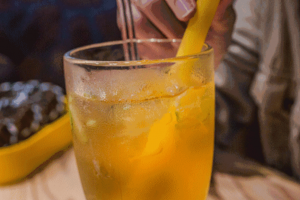
The weather is getting hotter and hotter, no matter it is to relieve heat or to relieve gluttony, a cold drink can always bring refreshment and happiness to people.
Modern medicine believes that cold diet can stimulate the gastrointestinal tract and cause abdominal pain and diarrhea.
The reason why cold drinks are delicious is that their cold taste can make people feel “instantly reduce fire, clear heat and cool.” In fact, cold drinks not only can not clear the heart and relieve the fire, but will damage the spleen and stomach yang.
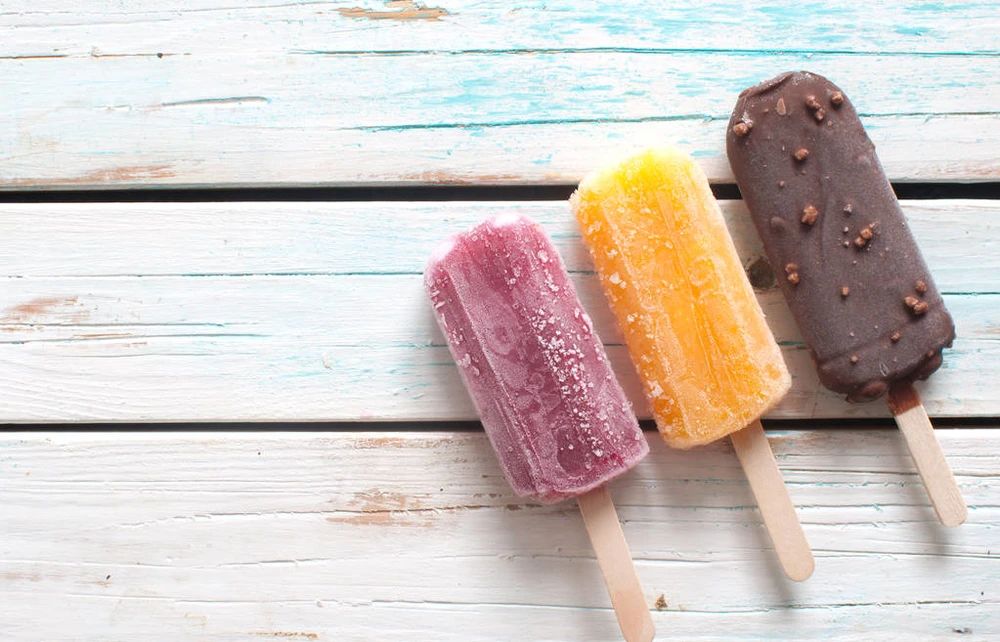
Some people eat cold drinks to understand gluttons, ice cream, ice cream, and popsicles, except that they are all “frozen drinks”, what are the similarities and differences?
▶ Ice cream mainly uses water, milk and/or dairy products, sugar, etc. as raw materials.
▶ Ice cream is mainly made of drinking water, milk and/or dairy products, fat, sugar, etc. as raw materials.
▶ Popsicles mainly use water and sugar as raw materials.
The biggest difference between them is the difference in the content of “milk fat” and “protein”. The content of ice cream is much less than that of ice cream generally.
Friendly reminder, eating too much cold drinks may cause excessive calorie intake and make you gain weight quietly. Beware of sugar-free popsicles and ice cream. No sugar ≠ no calories. If you eat too much, it is easy to consume too much calories.
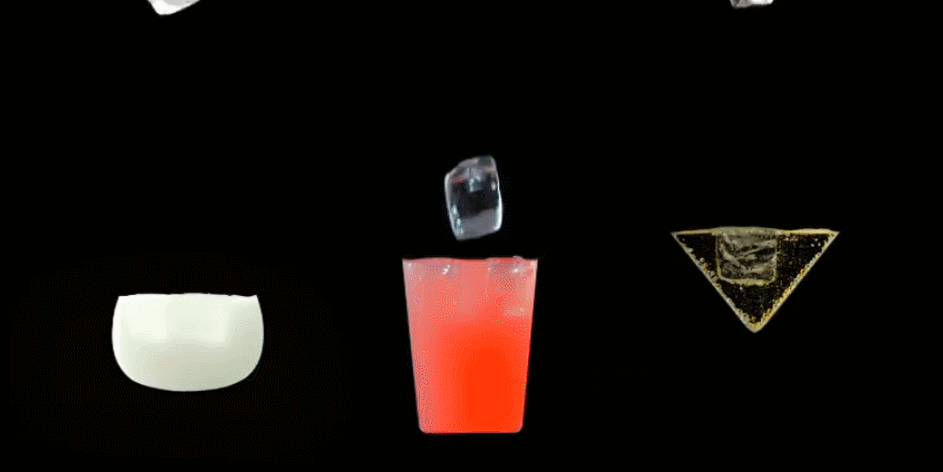
There are also people who eat cold drinks to relieve heat. You may not believe it. Cold drinks will not make you cooler at all. On the contrary, when the weather is very hot, they can lead to heat stroke easily.
After a large amount of cold drinks enter the stomach and intestines, it may bring about 3 kinds of undesirable consequences quickly:
▶ Excessive drinking of iced beverages needs to be diluted with water in the body, making the human body more vulnerable to heat.
▶ When cold drinks enter the body, the body temperature drops sharply, and heat accumulates in some parts of the body and cannot be dissipated, which doubles the risk of heat stroke.
▶ Eating cold food will increase the burden on the heart, dilute the gastric juice, affect digestion, and cause nausea and vomiting.
The above points act on the human body at the same time, and it is easy to cause heat stroke. In addition, eating a large amount of cold food in a short period of time can easily cause gastrointestinal constriction, causing abdominal pain, diarrhea and other symptoms.
There are four types of people who have basic diseases or have poor physical fitness, and cold drinks are undoubtedly “worse worse” for them.
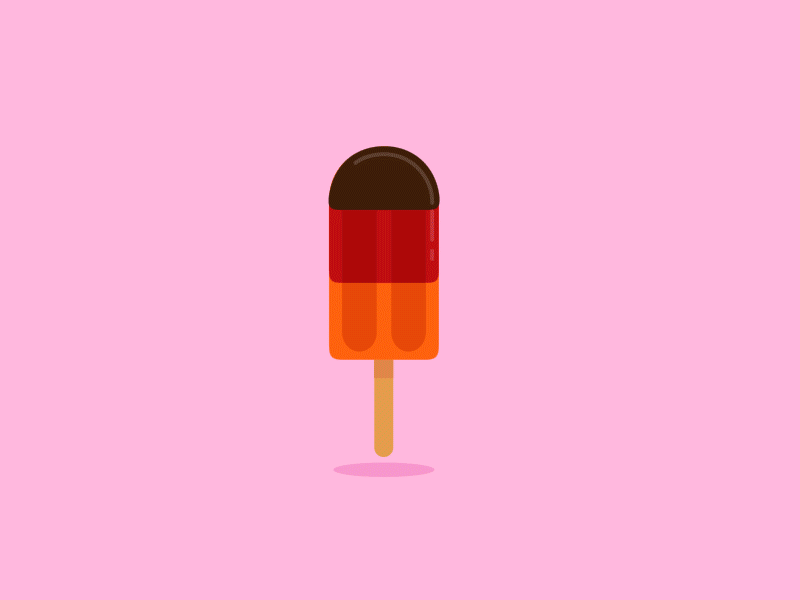
1. People with poor stomach
For people with irritable bowel syndrome, or those who are weak after surgery and have poor digestive function, iced food and cold drinks may cause some irritation to the intestines.
Eating a large amount of food with a temperature significantly lower than body temperature can cause temporary contraction of gastric blood vessels, which is not conducive to the secretion of digestive juice and gastrointestinal motility.
People with weak digestive system may also experience gastrointestinal discomfort, diarrhea and abdominal pain.
2. People with a history of migraine
Eating a lot of cold drinks can stimulate the nerves and cause headaches. The brain is very sensitive to temperature. When the blood flow increases and the blood vessels expand, it can inject warm blood into the brain to keep the brain warm. Sudden changes in blood flow will inevitably produce pressure and cause pain.
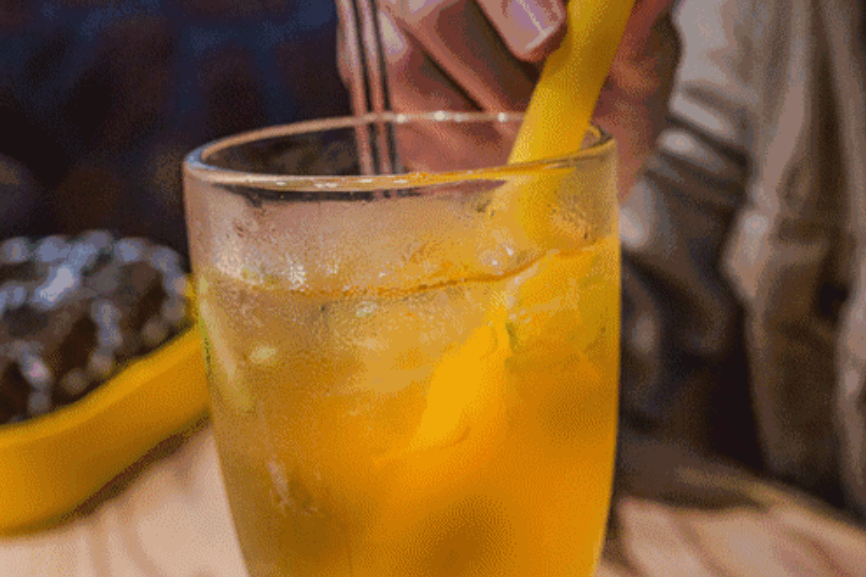
For ordinary people, when cold food suddenly enters the mouth, the blood vessels in the head and face contract rapidly, causing temporal [niè] artery spasm. People will feel pain in the middle of the forehead or near the temples, and some may even feel nauseous and vomiting.
3. Patients with cardiovascular and cerebrovascular diseases
People with high blood pressure, coronary heart disease, atherosclerosis and other diseases have relatively poor self-regulation of blood vessels. Sudden “sudden cold” causes abrupt contraction of blood vessels, which may induce angina, myocardial infarction, cerebral embolism, etc.
The elderly
With age, the digestive function of the spleen and stomach of the elderly becomes weaker. If they eat cold drinks, symptoms such as stomach pain, coldness, reluctance to eat, and diarrhea will occur.
If you can’t help but want to eat, what can you do to minimize the damage to your body?
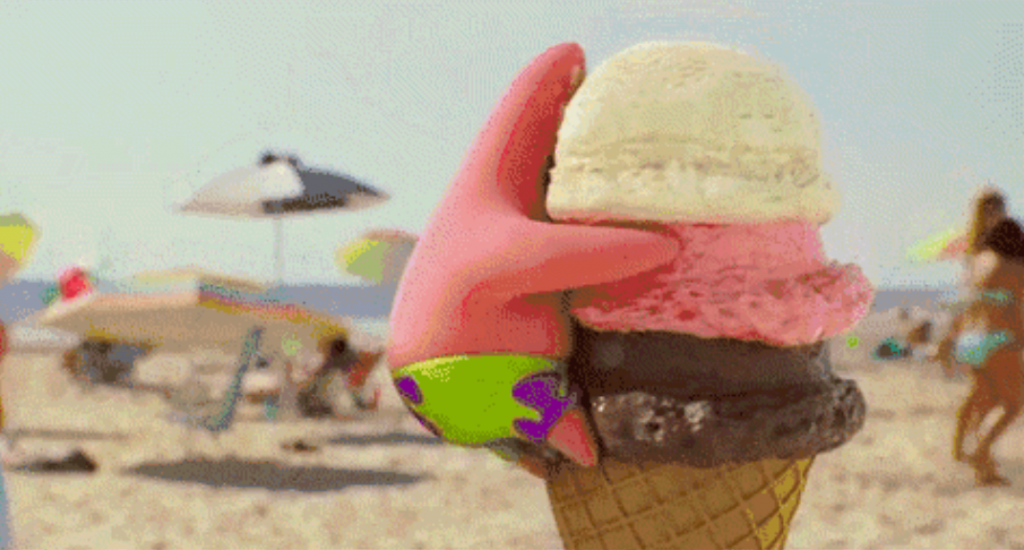
Time
Noon is the most yang energy of the day. Eat at this time. Don’t worry about the food being too cold and hurting you. You can choose to eat a little bit from 12 noon to 3 pm.
Eating on an empty stomach can cause excessive gastrointestinal irritation. Drinking iced beverages while eating is not good either. Alternate hot and cold irritation in a short time, which hurts the stomach. You should eat cold drinks at least 1 hour after you have eaten a full meal.
Cold drinks are not suitable for after intense exercise, sweating, headache or muscle soreness, and respiratory tract discomfort such as colds, wheezing, and coughing.
Eating speed
It is best to drink liquid cold drinks in small sips; to eat solid, iced food, you can put it in the front of your mouth first, wait until it is close to your body temperature, and then swallow it slowly, or you can put it in your mouth for about 5 seconds before swallowing it slowly.
Foods that can only be eaten at low temperatures, such as yogurt, can be taken out of the refrigerator and left at room temperature for 10 minutes before eating.
Consumption
Try to choose small portions when buying. Do not eat more than two ice creams or popsicles in a row at a time, and do not exceed half a bottle of bottled drinks at a time.
If you feel headache and discomfort when eating cold drinks, you can press your tongue against the upper jaw to help accelerate the return of the upper jaw to normal temperature. You can also cover your mouth and nose with your hands and breathe quickly, which can increase the flow of heat into the upper jaw and relieve headaches.
However, if nausea, vomiting, or headache persists, seek medical advice promptly.
Comments